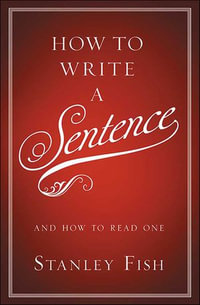Booktopia has been placed into Voluntary Administration. Orders have been temporarily suspended, whilst the process for the recapitalisation of Booktopia and/or sale of its business is completed, following which services may be re-established. All enquiries from creditors, including customers with outstanding gift cards and orders and placed prior to 3 July 2024, please visit https://www.mcgrathnicol.com/creditors/booktopia-group/

Elements of Control
Structure and Meaning in Infinitival Constructions
By: Idan Landau
eBook | 7 March 2016
At a Glance
eBook
RRP $84.99
$76.99
Instant Digital Delivery to your Booktopia Reader App
ISBN: 9789401139434
ISBN-10: 9401139431
Series: Studies in Natural Language and Linguistic Theory : Book 51
Published: 7th March 2016
Format: ePUB
Language: English
Publisher: Springer Netherlands
Volume Number: 51
You Can Find This eBook In
Non-FictionLanguage & LinguisticsLinguisticsGrammar, Syntax & MorphologySemantics & Discourse AnalysisLanguage Learning & TeachingLanguage Teaching & Learning Material & CourseworkGrammar, Vocabulary & PronunciationLiterature, Poetry & PlaysHistory & Criticism of LiteratureLiterary TheoryReference, Information & Interdisciplinary Subjects
This product is categorised by
- Non-FictionLanguage & LinguisticsLinguisticsGrammar, Syntax & Morphology
- Non-FictionLanguage & LinguisticsLinguisticsSemantics & Discourse Analysis
- Non-FictionLanguage & LinguisticsLanguage Learning & TeachingLanguage Teaching & Learning Material & CourseworkGrammar, Vocabulary & Pronunciation
- Non-FictionLiterature, Poetry & PlaysHistory & Criticism of LiteratureLiterary Theory
- Non-FictionReference, Information & Interdisciplinary SubjectsInterdisciplinary StudiesSemiotics & Semiology
























